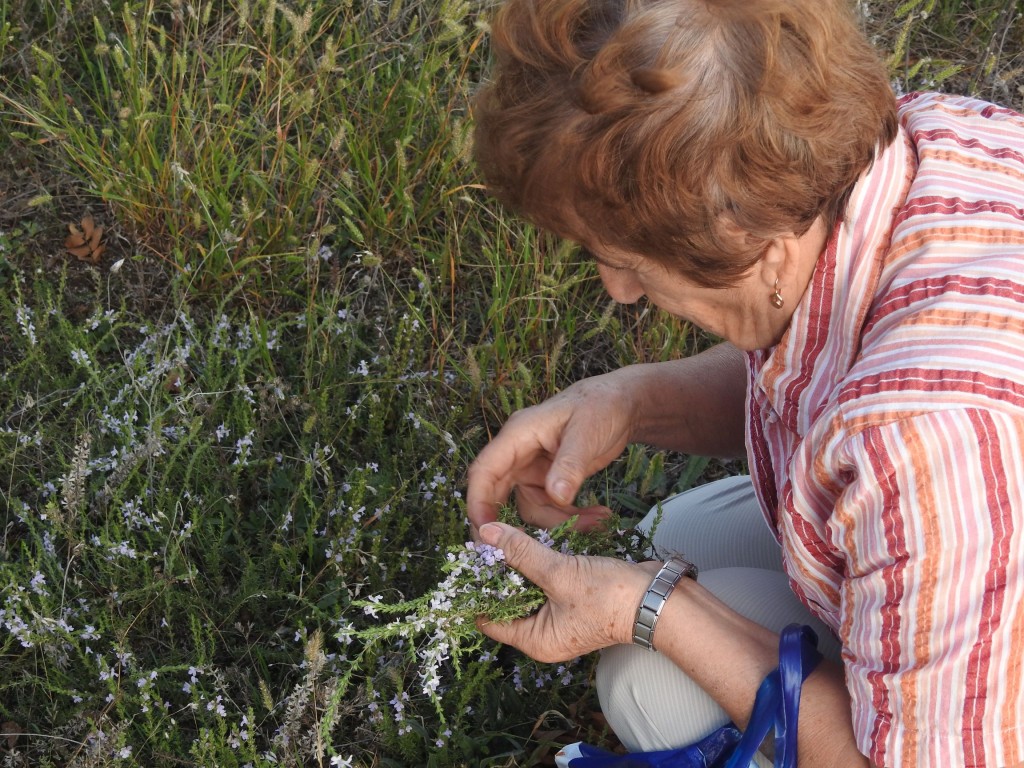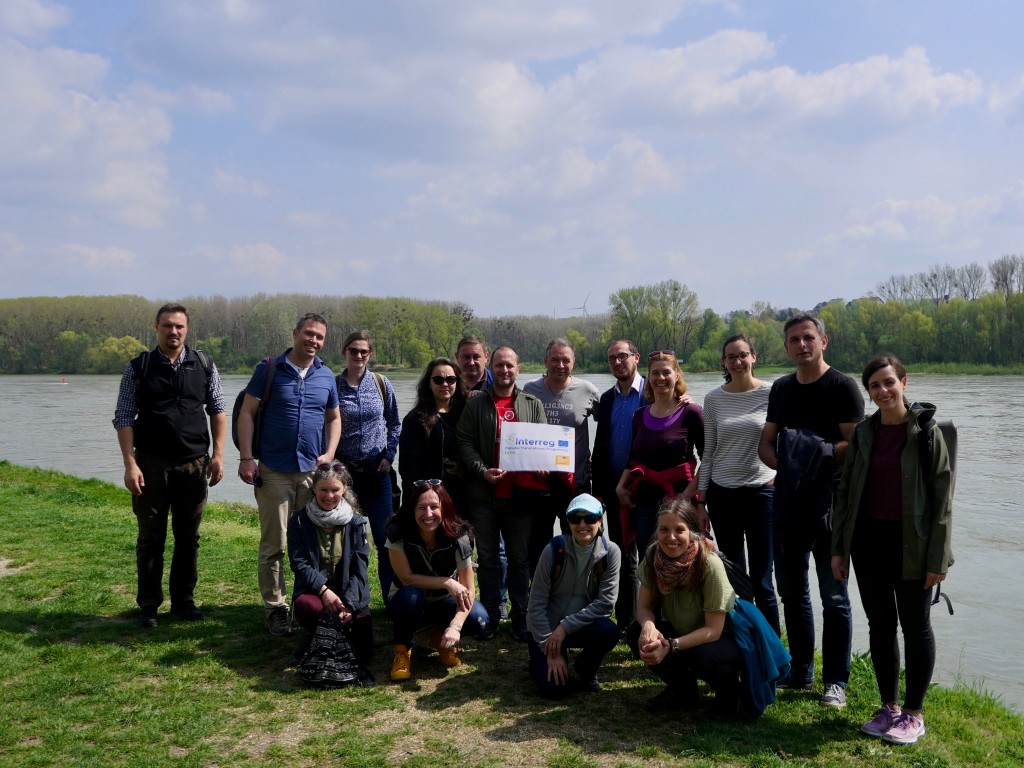LENA - Creating green jobs around protected areas
10-08-2021
Protected areas – nature reserves, national parks, Natura 2000 sites, and so on – are at the forefront of nature conservation efforts along the Danube. But due to their status, these areas are often regarded as hampering local development. Tapping into their economic potential, LENA project helps develop a nature-based economy to support local communities.
July 22, 2021
 Image: Pixabay
Image: Pixabay
There are 70 national parks and more than 1000 Natura 2000 areas in the Danube region. On one hand, protected areas deliver multiple benefits, but at the same time, also exclude many activities, depriving local communities of potential sources of income. How can biodiversity conservation in the protected areas support livelihoods of the people living around them?
Connecting people to nature
Covering more than 375,000 ha of protected areas in the Danube region, including more than 14 Natura 2000 sites, the “LENA” project (Local Economy and Nature Conservation in the Danube Region) aimed to improve local livelihoods for approximately half a million people that live in communities with low income (monthly income ranging between 200 and 500 EUR). A wide range of activities across Bulgaria, Croatia, Hungary, Romania, Serbia and Slovenia were carried out showcasing different opportunities using the Danube region’s rich biodiversity in a sustainable way.
For instance, a number of reports and analyses were produced with focus on fish, wild plants and agriculture and distributed to the target groups with useful information and practical advice on sustainable practices for food production, business planning, marketing, etc. Additionally, several capacity-building workshops were organized at the project pilot sites: Szatmár-Beregi Nature Park, Hungary, Rusenski Lom Nature Park, Bulgaria, Deliblato Sands, Serbia and Gorenjska region, Triglav National Park, Slovenia. Altogether, 80 relevant stakeholders attended the workshops, including representatives from local collectors, processing and trading companies, university experts, protected area authorities and local politicians.
“Thanks to the support of our project partners, and the enthusiastic participation of so many organizations and stakeholders, these workshops have helped strengthen commitments towards harmonizing the relationship between local communities and their protected environments.”
Kirsten Palme, LENA project manager
 Picking wild thyme in the Rusenski Lom Nature Park, Bulgaria. Image: LENA
Picking wild thyme in the Rusenski Lom Nature Park, Bulgaria. Image: LENA
Tourism development and policy assessment
“These activities will further contribute to potentially creating ‘green job’ opportunities and generating additional income while conserving biodiversity in the target areas through sustainable trade in wild plant resources.”
Kirsten Palme, LENA project manager

